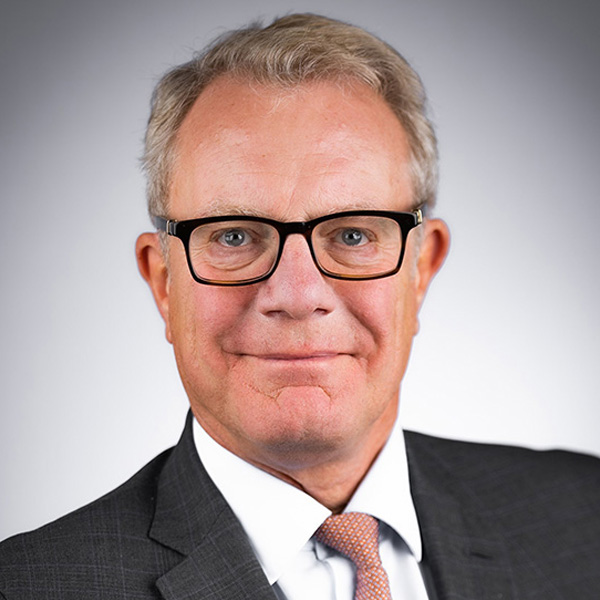Capital IdeasTM
Investment insights from Capital Group
Stock
- Although there are significant headwinds, we do not believe this marks the end of globalisation.
- Despite the changes we are seeing to globalisation, many companies around the world continue to derive significant revenue and profit from markets outside of their home market.
- The investment implications of the changing shape of globalisation may take years to become clear, highlighting the importance of investing with a long-term view.
Are we witnessing the end of globalisation or are reports of its demise greatly exaggerated?
Talha: Globalisation is the process of growing interdependence between the global economies as measured through cross-border trade, finance, information and migration flows. Historically, globalisation has ebbed and flowed, but has in general been on the upward trend.
The Industrial Revolution, radical improvements in how we transport cargo and the global internet revolution have underwritten this broadly positive trend for globalisation. The speed at which we transmit goods and ideas has also increased, whilst the cost curve for doing so has decreased. This has led to efficiency gains and general economic growth across the board.
Clearly war and conflict are not good for globalisation, especially if risks spill overs and impact supply chains. Taking a step back, the post-World War Two international order provided a massive tailwind for globalisation and the reconstruction effort after the war was an important element of that.
Later, the European integration process – starting with the European Coal and Steel Community in the 1950s – which then morphed into the European Union, provided another major boost towards integration in the global economic system. Post the fall of the Berlin Wall – a period that can be referred to as ‘hyper globalisation – in which Russia’s (along with other countries under its control) emergence from behind the Iron Curtain coincided with China's integration into the global value chain alongside other emerging market economies. The result was a period of relative peace and geopolitical stability.
The reality is that this ‘hyper-globalisation’ period marked its peak before the Global Financial Crisis (GFC) and has been in retreat since then. This can be measured in terms of trade, global gross domestic product and financial flows, the levels of which haven't recovered to their 2007 highs. Meanwhile, we know that post the GFC we've had more populist nationalist politicians gaining prominence across several countries, which has put further downward pressure on globalisation. If the global financial crisis was the first systemic shock that caused a lot of dislocation, the COVID-19 pandemic and now the war in Ukraine provided additional shocks that have further brought into question the salience of global markets in lieu of national security.
The current period of globalisation is facing significant headwinds, but this doesn't mean the end of globalisation. In my view, it is more the case that we're likely to see it being reshaped in the years to come. The pandemic and the war have made countries reconsider the durability of their supply chains. There is a growing push towards localisation or regionalisation that lessens some of the risks associated with being reliant on one country or one geography as a source of production.
It is important to recognise that the pandemic response, especially when it came to the development of vaccines, showed the benefits of globalisation in practise. The global community of scientists who worked at breakneck speed towards developing a vaccine wouldn't have been possible if it weren't for globalisation and ideas and science.
Our latest insights
RELATED INSIGHTS
Past results are not predictive of results in future periods. It is not possible to invest directly in an index, which is unmanaged. The value of investments and income from them can go down as well as up and you may lose some or all of your initial investment. This information is not intended to provide investment, tax or other advice, or to be a solicitation to buy or sell any securities.
Statements attributed to an individual represent the opinions of that individual as of the date published and do not necessarily reflect the opinions of Capital Group or its affiliates. All information is as at the date indicated unless otherwise stated. Some information may have been obtained from third parties, and as such the reliability of that information is not guaranteed.
Capital Group manages equity assets through three investment groups. These groups make investment and proxy voting decisions independently. Fixed income investment professionals provide fixed income research and investment management across the Capital organisation; however, for securities with equity characteristics, they act solely on behalf of one of the three equity investment groups.
 Talha Khan
Talha Khan
 David Polak
David Polak